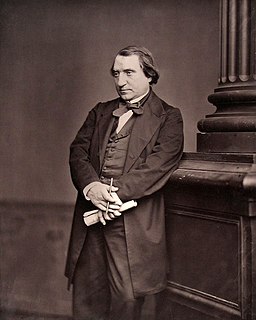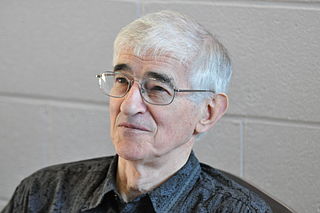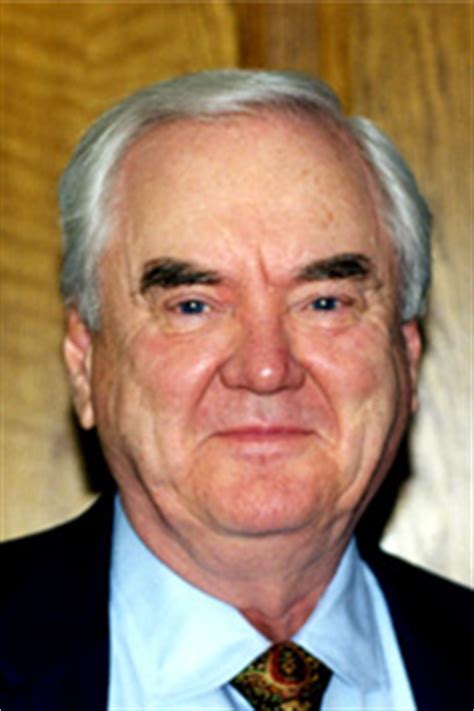A Quote by John Hagee
Related Quotes
This book will expose the sins of the fathers and the vicious abuse of the Jewish people. 'In Defense of Israel' will shake Christian theology. It scripturally proves that the Jewish people as a whole did not reject Jesus as Messiah. It will also prove that Jesus did not come to earth to be the Messiah. It will prove that there was a 'Calvary conspiracy' between Rome, the high priest, and Herod to execute Jesus as an insurrectionist too dangerous to live. Since Jesus refused by word and deed to claim to be the Messiah, how can the Jews be blamed for rejecting what was never offered?
Sometimes they reasoned thus: "The Messiah ought to do such a thing, now Jesus is the Messiah, therefore Jesus has done such a thing." At other times, by an inverse process, it was said: "Such a thing has happened to Jesus; now Jesus is the Messiah; therefore such a thing was to happen to the Messiah."
I'm talking from the point of view of the States, we tend to assassinate people like Jesus, or if we don't we simply marginalise them. Oprah would have all those who think they are Messiah on her show, and we'd have six people who all claimed to be the Messiah, and we'd have got rid of Jesus and laughed him out of town. So as long as the Jesus that I'm hearing is there, I don't find him very comfortable.
The Old Testament records the preparation for the coming of the Messiah. The Gospels record the coming of the Messiah, Jesus Christ our Lord. The book of Acts records the propagation of the gospel (the good news) concerning Jesus Christ. The Epistles (letters) explain the gospel and its implications for our lives. The book of Revelation anticipates and describes the second coming of Jesus Christ and the establishment of His eternal kingdom. From beginning to end, the Bible glorifies Jesus Christ and centers on Him. Its Christ-centeredness is one of its wonderful features.
For Jews, the Messiah has never come; for Christians, He has come but once; for modern man, He appears and disappears with increasing rapidity. The saviors of modern man, the "scientists" who promise salvation through the "discoveries" of ethology and sociology, psychology and psychiatry, and all the other bogus religions, issue forth periodically, as if selected by some Messiah-of-the-Month Club.
It wasn't shared social status or ethnicity that brought Jesus' followers together either, nor was it total agreement on exactly who this Jesus character was - a prophet? The Messiah? The Son of God? No, there is one thing that connected all these dissimilar people together it was a shared sense of need: a hunger, a thirst, a longing. It was the certainty that, when Jesus said He came for the sick, this meant Jesus came for me.





































